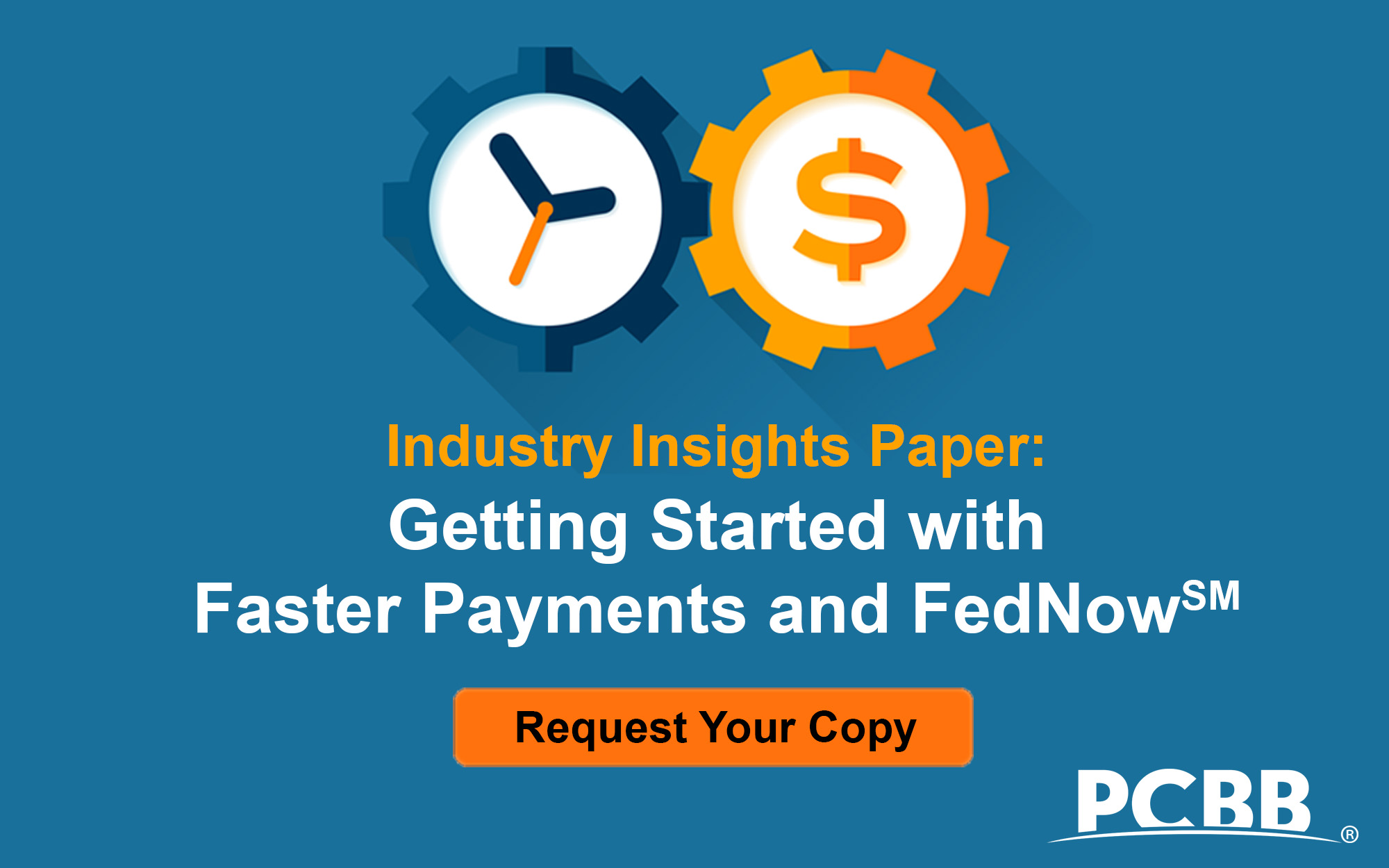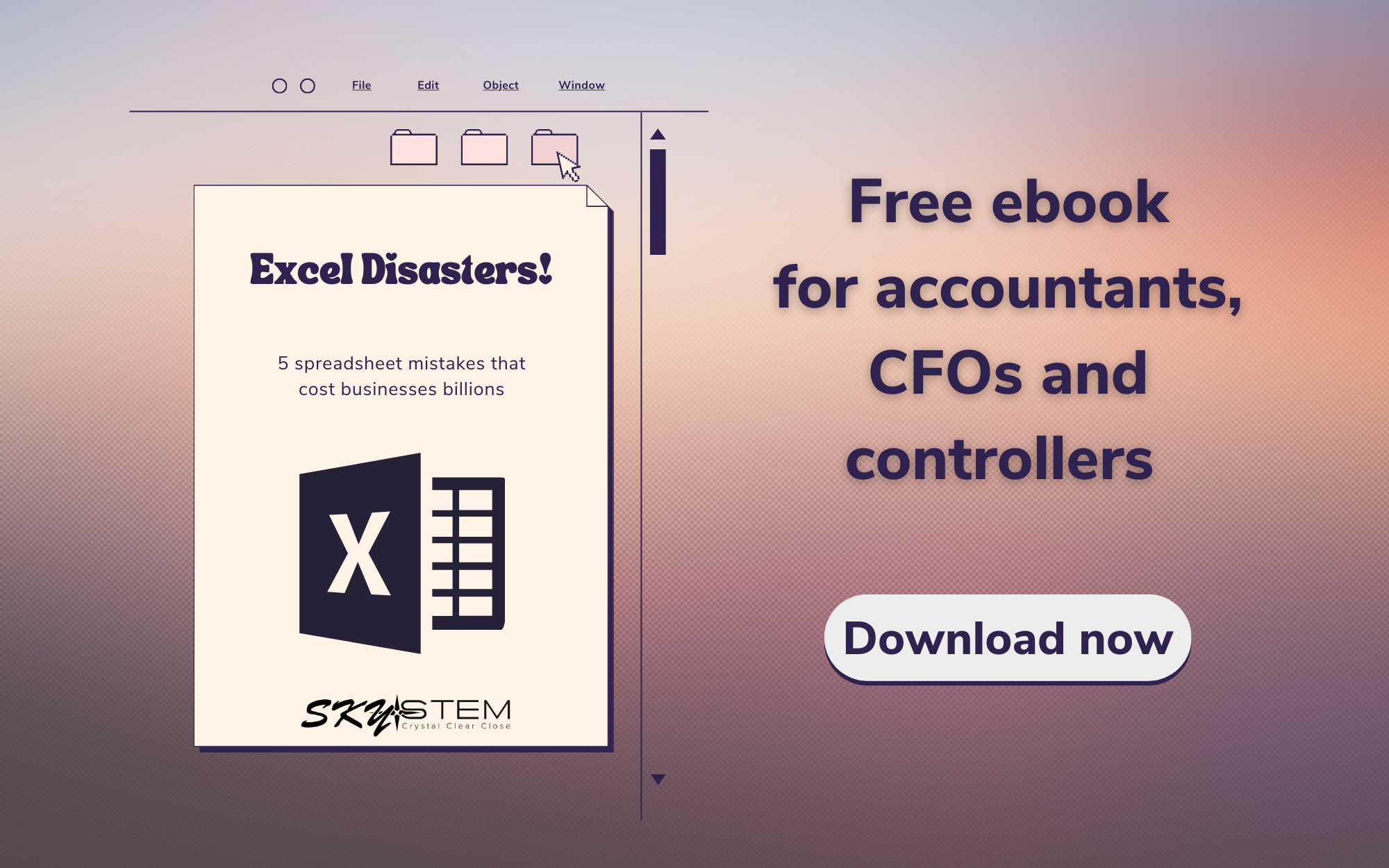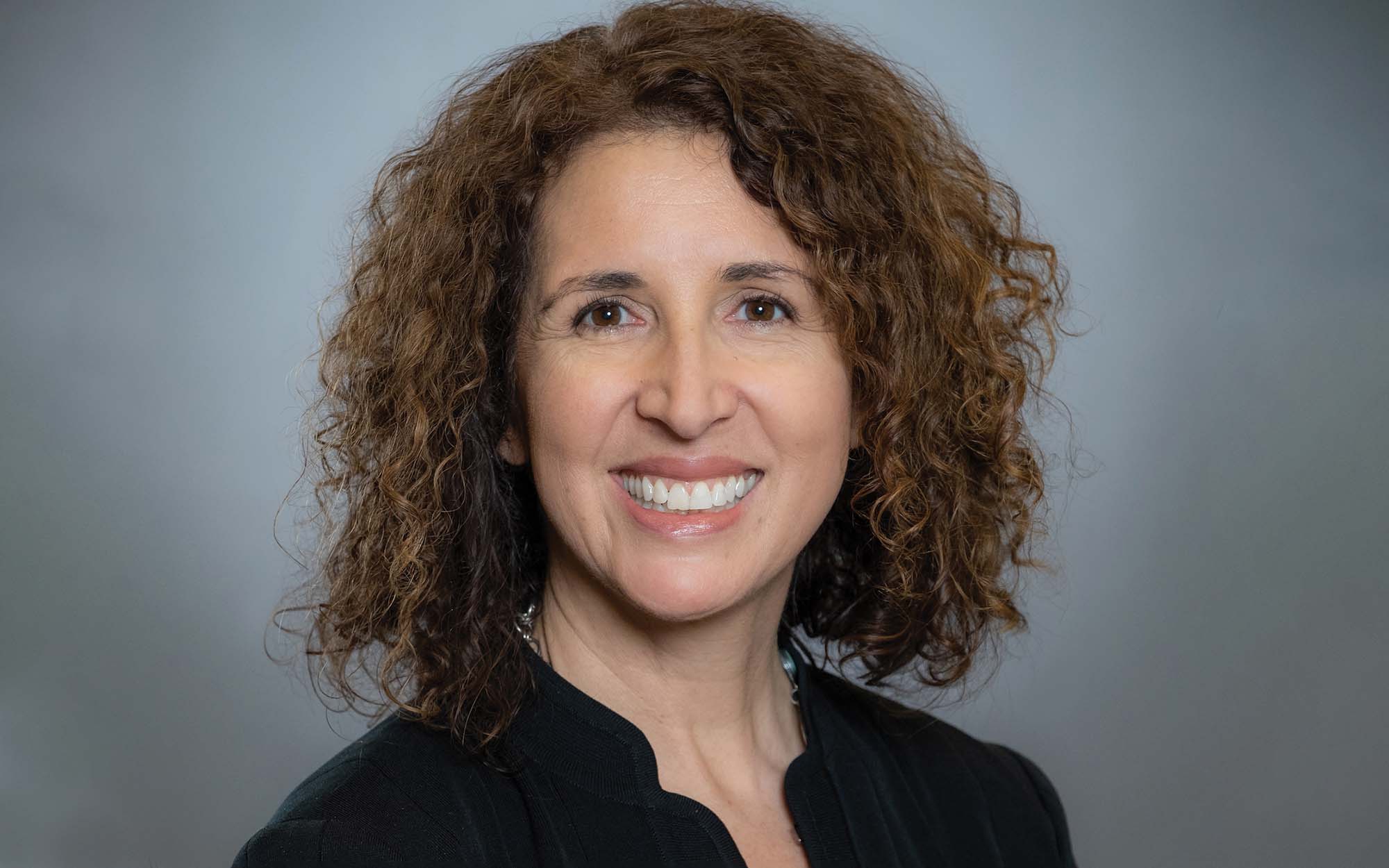After a final ruling this past fall, the U.S. Treasury Financial Crimes Enforcement Network’s (FinCEN) 2022 Beneficial Ownership Information Reporting Rule will require banks to establish and maintain written procedures that are reasonably designed to identify and verify beneficial owner(s) of legal entity customers and to include such procedures in the anti-money laundering compliance program.
Beneficial ownership of a legal entity is determined by standards of control and ownership of the entity as described in the rule.
Under an amendment to the Bank Secrecy Act, the FinCEN Customer Due Diligence Final Rule (CDD Rule), banks have been required since May 2018 to collect beneficial ownership information on accounts they open and maintain. At a minimum, that information would include name, date of birth, address and an identification number, such as a taxpayer or social security number. Banks generally collect the information through a certification form from the individual opening the account and information provided by the individual on behalf of the legal entity.
BOI: What to expect
On Sept. 29, 2022, FinCEN issued a final rule that establishes beneficial ownership information (BOI) reporting that will require covered companies to report information about their respective beneficial owners to FinCEN effective Jan. 1, 2024. FinCEN must maintain a registry of this information in a confidential, secure and non-public database and is authorized to disclose the information to financial institutions to facilitate compliance with CDD requirements. The rule and certain anticipated subsequent rules by FinCEN are expected to provide direct benefits to law enforcement and other authorized users.
The new BOI rule will become effective Jan. 1, 2024. Reporting companies created or registered before Jan. 1, 2024, will have one year (until Jan. 1, 2025) to file their initial reports, while reporting companies created or registered after Jan. 1, 2024, will have 30 days after creation or registration to file their initial reports. Once the initial report has been filed, both existing and new reporting companies will have to file updates within 30 days of a change in their beneficial ownership information.
The 2016 beneficial ownership rule requires banks to collect identifying information on all beneficial owners on an account.
“The new rule maintains the requirement for banks to collect this information, but it now requires beneficial owners of a legal entity to submit the beneficial ownership information directly to the secretary of state or other state office that regulates businesses at the time the business is established,” says Rhonda R. Whitley, vice president and regulatory counsel at ICBA. “FinCEN plans to issue unique identifiers for each company. When BOI reports are submitted to FinCEN, the company can submit the FinCEN identifier in lieu of other documentary information.”
Under the most recent FinCEN rule, companies that are required to identify beneficial owners must file BOI reports with FinCEN and must report at a minimum four pieces of information about each of its beneficial owners: name, birthdate, address and a unique identifying number and issuing jurisdiction from an acceptable identification document (and the image of such document).
The rule requires reporting companies created after Jan. 1, 2024, to provide the four pieces of information and document image for company applicants. It requires reporting companies to file reports with FinCEN that identify two categories of individuals: (1) the beneficial owners of the entity; and (2) the company applicants of the entity. Companies also receive a FinCEN identifier from FinCEN that can then be provided to an authorized user in lieu of other forms for the required information.
BOI reporting is the first of three rulemakings to implement the Corporate Transparency Act’s (CTA) BOI reporting provisions. FinCEN intends to first establish rules for who may access BOI, for what purposes, and what safeguards will be required to ensure that the information is secured and protected; and then to revise FinCEN’s CDD rule following the promulgation of the BOI reporting final rule.
What do community banks need to do?
At the time of this writing, a proposed rule about access to BOI and safeguards had been issued. In the absence of all final rules, no specific bank action appears necessary, or even possible, immediately. This matter is evolving, and community banks may benefit from a full review of the BOI rules thus far, sharpening their monitoring procedures to capture the issuances that will inevitably follow, and understanding how the direction of the changes may affect their internal controls, operational procedures, recordkeeping tools and compliance processes.
“The most recent ruling focuses on the beneficial owners. Nothing in it changes or negates banks’ responsibilities to collect, verify and maintain beneficial ownership information on covered legal entities under the [new rule].”—Rhonda R. Whitley, ICBA
ICBA has submitted comments to FinCEN and will continue to closely monitor developments and advocate to reduce the burden on community banks, mitigate redundancy and help make the requirements meaningful.
While banks may eventually need to adjust operational procedures, data collection tools or other compliance processes to dovetail with the ultimate FinCEN issuances, it is too early to know exactly what changes might be needed.
“The most recent ruling focuses on the beneficial owners,” notes Whitley. “Nothing in it changes or negates banks’ responsibilities to collect, verify and maintain beneficial ownership information on covered legal entities under the FinCEN Customer Due Diligence Final Rule.”






